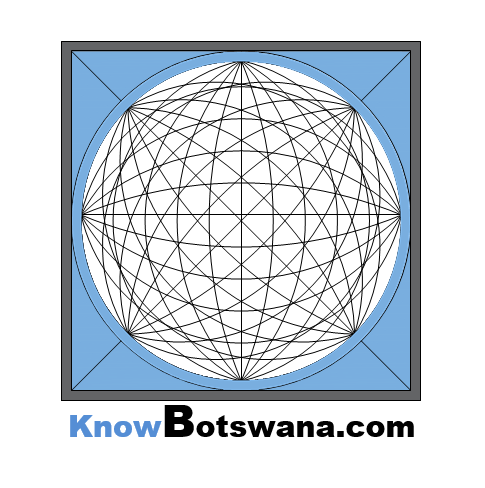Share your story with us and you could be featured on this site. Share now!
Democracy in Botswana
Botswana practices democracy, and the country has always done so even during the pre-independence era.
The roots of Botswana's democracy lie in Setswana traditions, exemplified by the kgotla, or open village court. [Read more about the Kgotla here].
This is where the public participate in discussions of national interest. House of Chiefs
The Botswana House of Chiefs is an advisory body that does not form part of the Parliament. However, the Chiefs enforce customary laws.
The house of chiefs is composed of eight representatives of Tswana tribes sub-groups, five specially elected members nominated by the president and 22 members elected from designated regions.
A draft bill of tribal concern is always referred to the house of chiefs for advisory opinion. Botswana Parliament
The Parliament of Botswana consists of the president and the National Assembly.
The president who is elected indirectly by the parliament serves for a set five year term in office limited to two terms.
The president is supported by a cabinet of 57 elected members and 4 specially elected members to make the complete national assembly. Botswana constitution
The constitution of Botswana was drawn and came into force on 30th September 1966 when the country became an independent state.
Botswana has a good record where human rights, the rule of law, and government fairness and honesty are concerned.
The constitution supports citizens who want to petition the government because everyone has an equal opportunity. Botswana practices multi-party democracy with elections conducted every five years.
Botswana has an independent body that presides over the elections.




New! Comments
Have your say about what you just read! Leave me a comment in the box below.